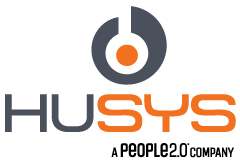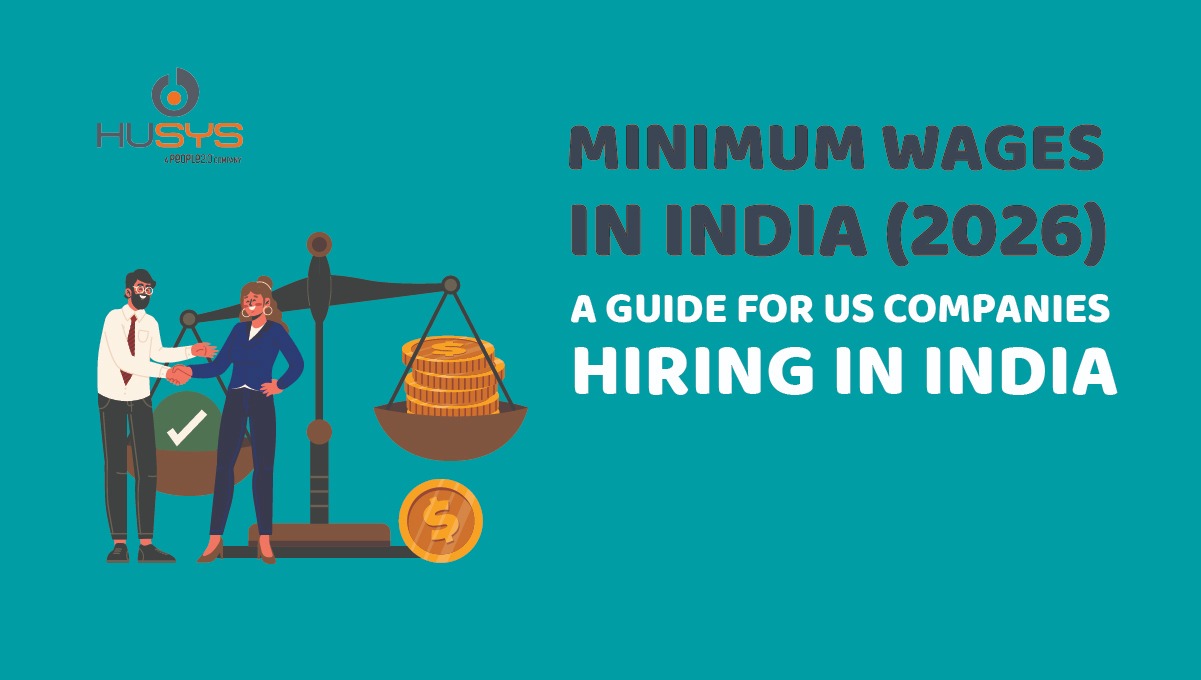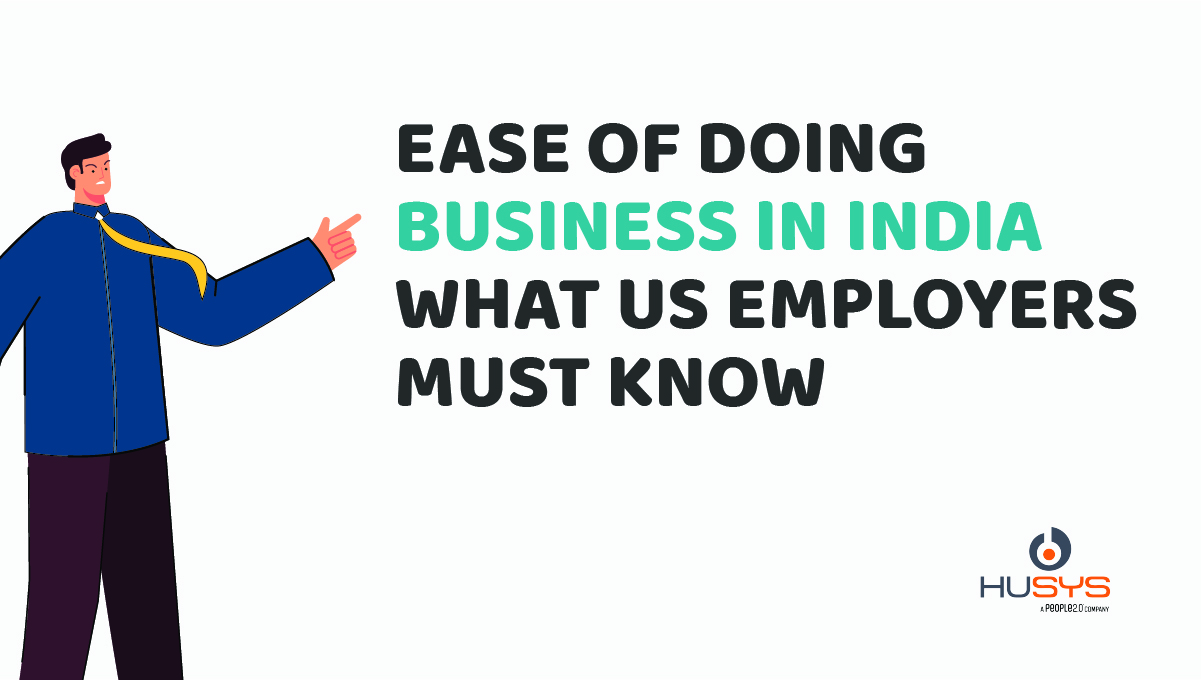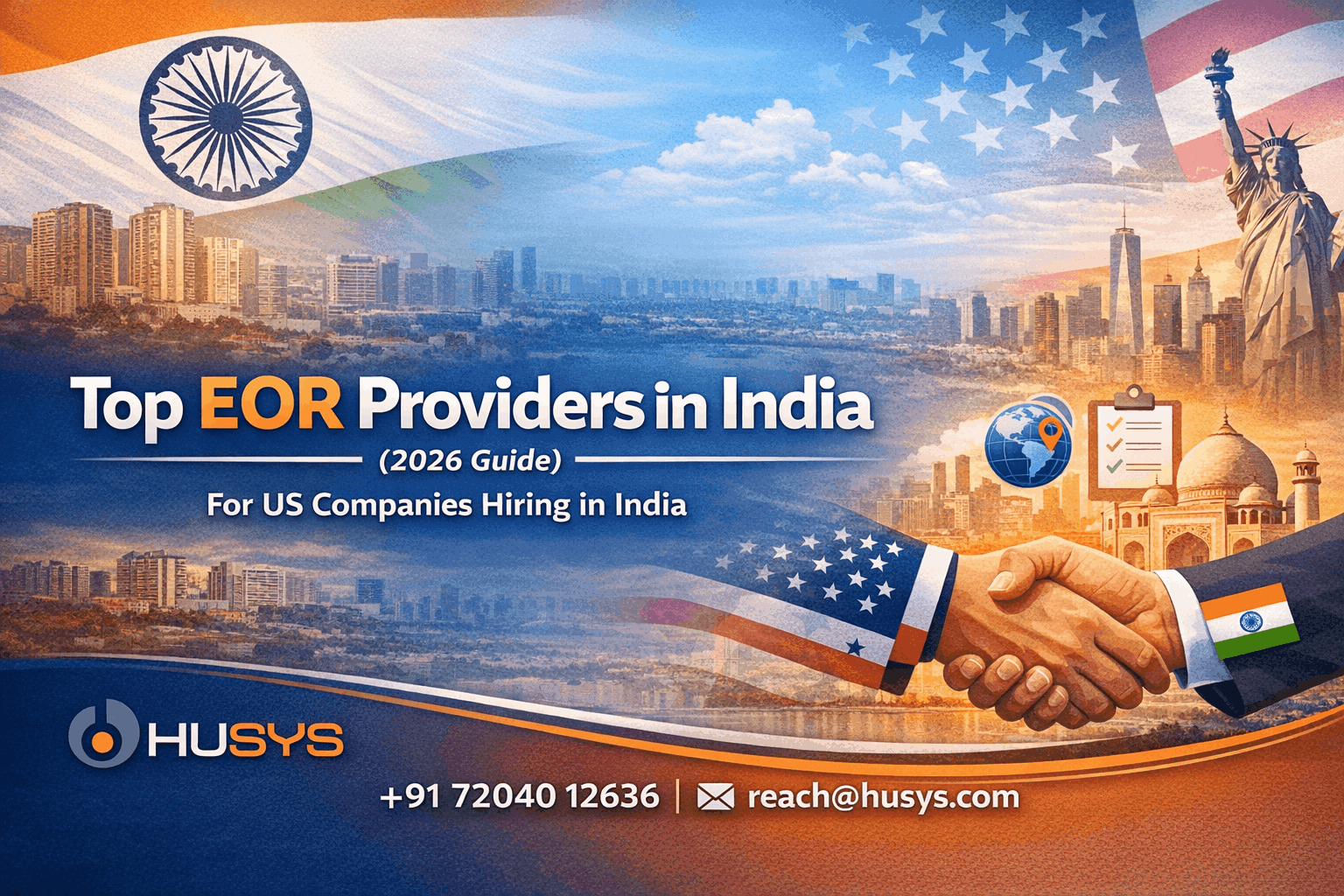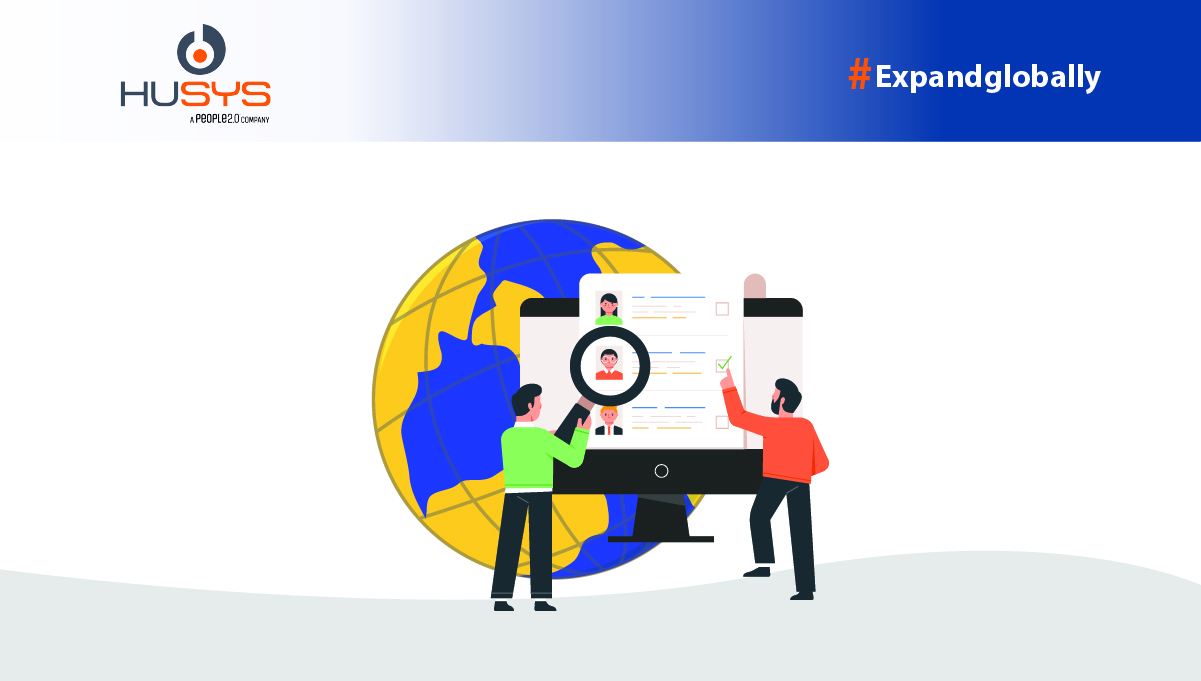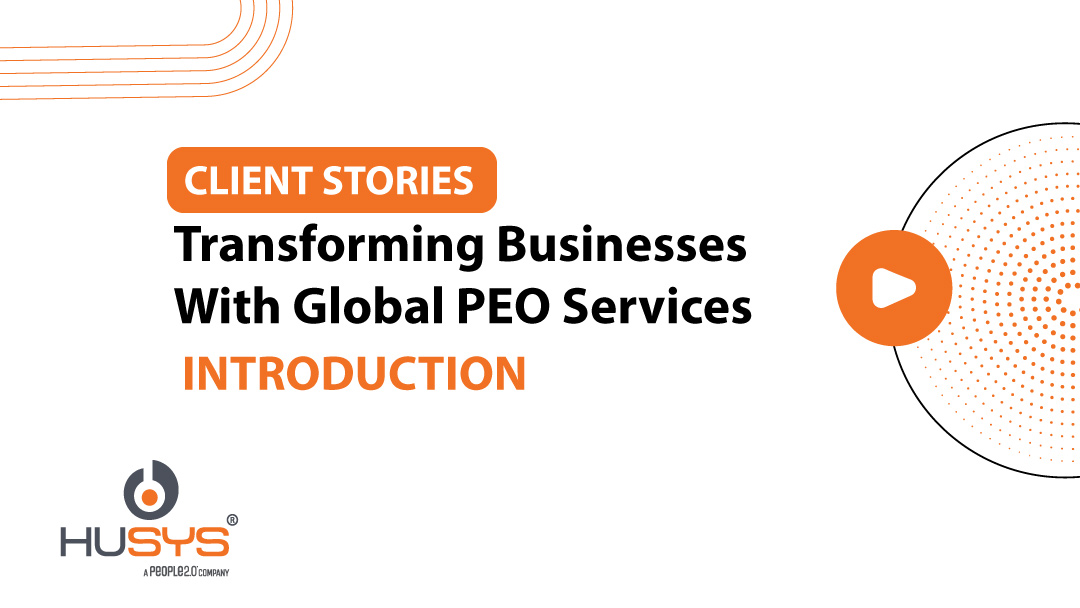New Year is here, and capitalizing on the latest staffing trends makes sense. Besides, the recruiting industry has undergone several changes in the last few years, especially since the COVID-19 outbreak. From remote and hybrid work to DEI and data-centric recruiting, there are a lot of changes in the industry.
So, if you haven’t created a recruitment plan, now is the time. And it begins with staying on top of trends in staffing industries in 2023, which is precisely what we’ll discuss today. Let’s get started!
8 Trends in Staffing Industries in 2023
Whether you’re into contract staffing or looking to expand your business into different countries, the latest trends should define your recruitment strategy. As a recruiter, you’ll have to adapt to these trends and technologies to maximize the output of your efforts.
Remote Work Is Here to Stay
According to Gartner, 48% of employees will work at least some of the time remotely in the post-pandemic world. Another report indicates that 61% of employees are willing to take a pay cut to continue working remotely.
And it makes sense for companies as well. They don’t have to invest in additional office space, infrastructure, or other related resources. Plus, they can hire people from across the globe using PEO and EOR services.
Global PEO companies allow you to hire and manage remote employees with 100% compliance. They take care of their HR and payroll needs while you control their day-to-day operations.
Diversity, Equity, and Inclusion Are Still Important
DEI is one of the most discussed trends in staffing industries in 2023. However, it isn’t just about ensuring everyone feels welcome at work; it’s about seeing how different perspectives can help drive innovation and problem-solving. That’s why companies that value DEI tend to do better financially over time than those that don’t (or aren’t willing to invest in it).
There are many benefits to creating a diverse workplace, including the following:
- A more innovative workforce that is less likely to fall into groupthink or be limited by traditional thinking
- Better decision-making processes when teams represent different perspectives and experiences
- Higher employee engagement and retention
What does this mean for hiring? It means that when you’re looking to hire someone new, you need to consider diversity in your team and the position you are hiring for. You also must ensure that your hiring process is equitable—meaning that all candidates have an equal opportunity to apply, interview, and be considered for the role.
Increase in Contract and Freelance Work Staffing Industries
Job security has become less certain. With more companies cutting back on personnel, many employees are worried they could lose their jobs at any moment. This means they’re more willing to take on additional work outside their regular job to pad their income and provide some financial security.
Besides, the gig economy model has gained popularity over traditional employment because it allows people to choose when, where and with whom they want.
Technology plays an important role, making interactions between freelancers and businesses more seamless. You can also leverage EOR services to hire contractual employees globally while complying with local laws.
Happiness Is a Measure of Success
Employee happiness and satisfaction have always been critical for companies. For example, 86% of people believe that happiness at work affects their mood at home, and a majority agree it affects their self-confidence and quality of life. Thus, businesses must ensure their employees are happy and satisfied to increase retention.
Many businesses have already started investing in additional programs for employee happiness. Adobe, for instance, invests in meditation and mindfulness programs, healthy habit-building services, and time off to recharge.
Ensure you highlight the work culture and happiness programs during recruitment to attract the best talent.
Technology Will Play a Critical Role
Artificial intelligence, big data, and automation – all play a critical role in the staffing industry. They allow companies to find the best talent in less time. Thus, it’s clear that technology will play a big role in the times to come.
For instance, ATS (applicant tracking system) helps recruiters screen thousands of resumes and find the most qualified ones. In addition, AI can interact with applicants via chatbots. At the same time, predictive analytics give recruiters in-depth insights into the best-suited candidates.
Proactive Candidate Engagement Is Critical
Most candidates apply to multiple companies simultaneously. In order to attract and keep the best talent, you must enhance their interest levels by engaging with them regularly. 81% of job seekers say continuous status updates would greatly improve their overall experience.
If you want to keep your candidates from moving on to other opportunities, you must build a strong candidate engagement strategy. Here are some tips for improving your candidate engagement:
- Be proactive about communication
- Send regular updates on their application status by email and text message
- Respond to questions promptly and thoroughly
Employee Mental Well-Being Should Be a Priority
Employee mental well-being has become the center of attention since the pandemic. As a result, more and more candidates are applying for jobs at organizations that give mental health importance.
This is another reason why small businesses with limited budgets turn to PEO services that can provide Fortune 500 benefits cost-effectively. And with COVID cases increasing again, business leaders can no longer ignore the mental health crisis.
Greater Emphasis on Employer Branding
The staffing industry is changing the global remote workforce from 2019 and beyond. The increase use of social media and mobile technology has changed how employers market themselves to potential candidates, and as a result, recruiters must adapt their recruiting strategies accordingly. And employer branding has become an increasingly important part of the recruiting process.
Employer branding describes an organization’s efforts to create a positive perception among potential employees. It involves developing a brand identity that appeals to specific audiences, including current employees, job seekers, and recruiters.
82% of candidates consider employer brand and reputation before applying for a job. Besides, candidates want to work for companies that share their values and vision. So, it’s important to prioritize employer branding in the future.
Wrapping Up
Staffing companies will witness many changes in 2023 and beyond, making it imperative to consider these trends when creating recruitment plans. Whether you’re into contract staffing or want to hire full-time employees or you want to help your clients to hire remote workers and place the under global payroll, use technology to find the right candidates, engage with them, and ensure they’re the right fit for your company and if you are finding difficulty in placing candidates remotely with global payroll and 100% compliance do write us reach@husys.com.
